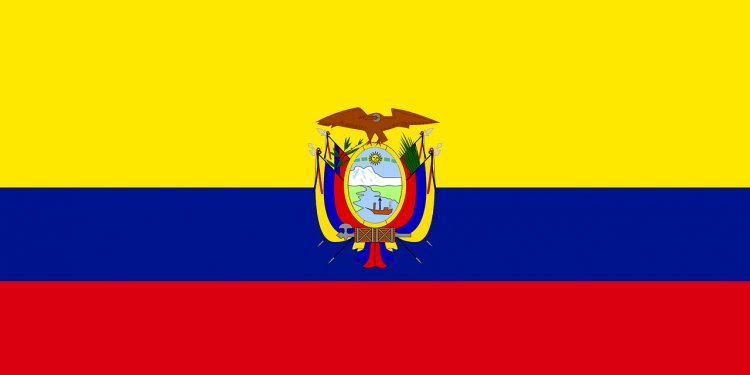Ecuador’s Constitutional Court Backs Indigenous Communities in Extraction Dispute

14-2-2022
Katherine Willey
Environment & Human Rights Researcher
Global Human Rights Defence
The Ecuadorian Constitutional Court has ruled that any future extractivist projects on indigenous territory must acquire prior and informed consent from local communities. The judgement, released on February 4th, represents further legal endorsement of the rights of nature, enshrined in Ecuador’s constitution, and a victory for indigenous rights campaigners.
This month’s landmark ruling was reached after the court reviewed a 2018 lawsuit brought by the A’i Cofán indigenous group against a mining company which had been active in the Sinangoe region without prior consultation. At the time, a provincial court agreed that the community’s right to a healthy environment and the rights of nature had been violated. The companies in question also had to pay reparations to locals as a result of water pollution caused by their activities.
Last November, members of the court travelled to the affected region, meeting community leaders and reviewing the evidence of the 2018 case. In January, they were presented with a petition, backed by 365,000 people, calling on them to strengthen the control of indigenous groups over decisions made about the usage of their land and the granting of concessions for industrial activity.
The court’s decision upheld the previous ruling while also instituting further protections for indigenous rights. Any extractive activity must now be preceded by a comprehensive consultation process which should be “clear and accessible” for all community members and should aim to obtain their consent or agreement. Communities will also be able to stop projects which they deem excessively harmful to indigenous rights or those of nature. This judgement reinforces and clarifies existing rights of indigenous communities to free, prior and informed consent regarding activities on their territory, currently guaranteed under the Ecuadorian constitution and Convention 169 of the International Labour Organisation.
Wider Guaramag, a member of the community, called the ruling a “historic” achievement. His feeling was echoed by Oscar Soria, a director at human rights NGO Avaaz, who stated that the judgement would have “enormous implications” for similar future consultations and campaigns.
Sources & Further Reading
Brown, K. (2022, February 9). Ecuador’s top court rules for stronger land rights for indigenous communities. Mongabay Environmental News. https://news.mongabay.com/2022/02/ecuadors-top-court-rules-for-stronger-land-rights-for-indigenous-communities/
Democracy Now. (2022, February 7). Ecuador high court sides with indigenous groups in dispute over drilling and mining. https://www.democracynow.org/2022/2/7/headlines/ecuador_high_court_sides_with_indigenous_groups_in_dispute_over_drilling_and_mining
Einhorn, C. (2022, February 5). Ecuador court gives indigenous groups a boost in mining and drilling disputes. The New York Times. https://www.nytimes.com/2022/02/04/climate/ecuador-indigenous-constitutional-court.html
Shubert, W. (2019, March 4). Ecuador’s indigenous Cofán hail court-ordered end to mining on their land. Mongabay Environmental News. https://news.mongabay.com/2019/02/ecuadors-indigenous-cofan-hail-court-ordered-end-to-mining-on-their-land/
Valencia, A. (2022, January 18). Ecuador indigenous demand rights to consent on extractive projects. Reuters. https://www.reuters.com/business/environment/ecuador-indigenous-demand-rights-consent-extractive-projects-2022-01-18/
Willey, K. (2021, December 7). Ecuadorian high court rules that mining permits violate constitutional rights of nature. GHRTV. https://ghrtv.org/ecuadorian-high-court-rules-that-mining-permits-violate-constitutional-rights-of-nature

































